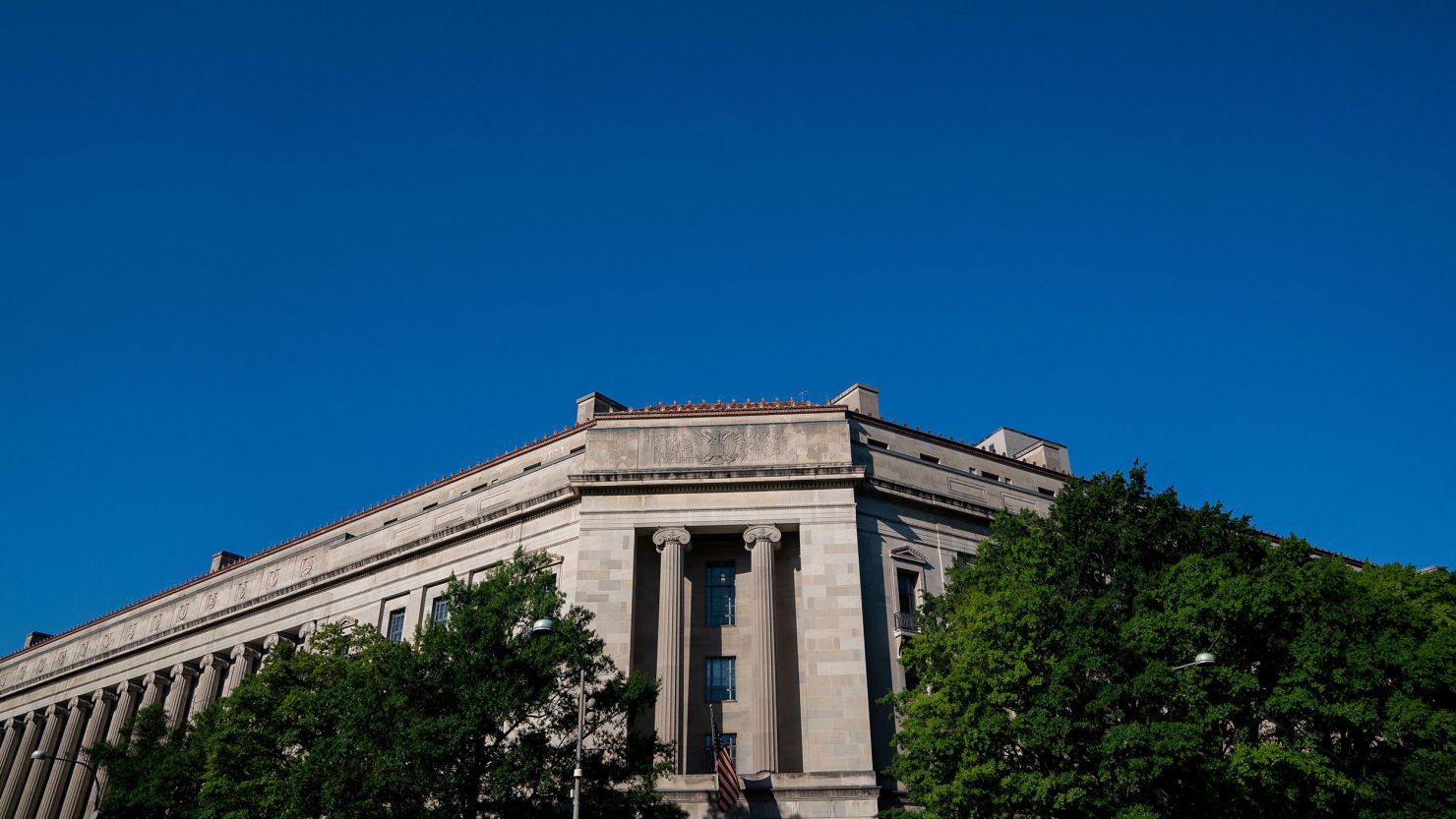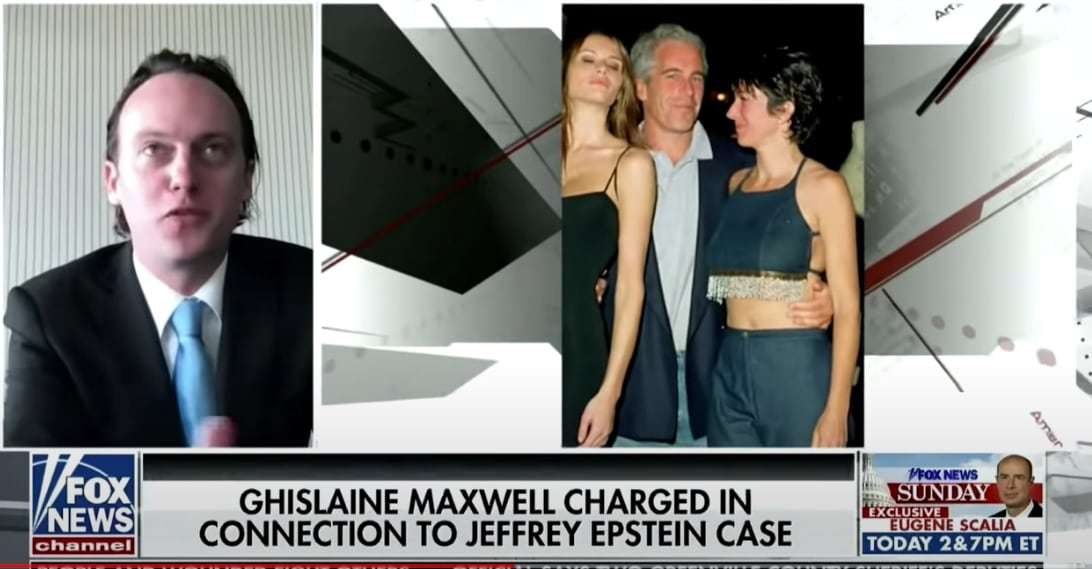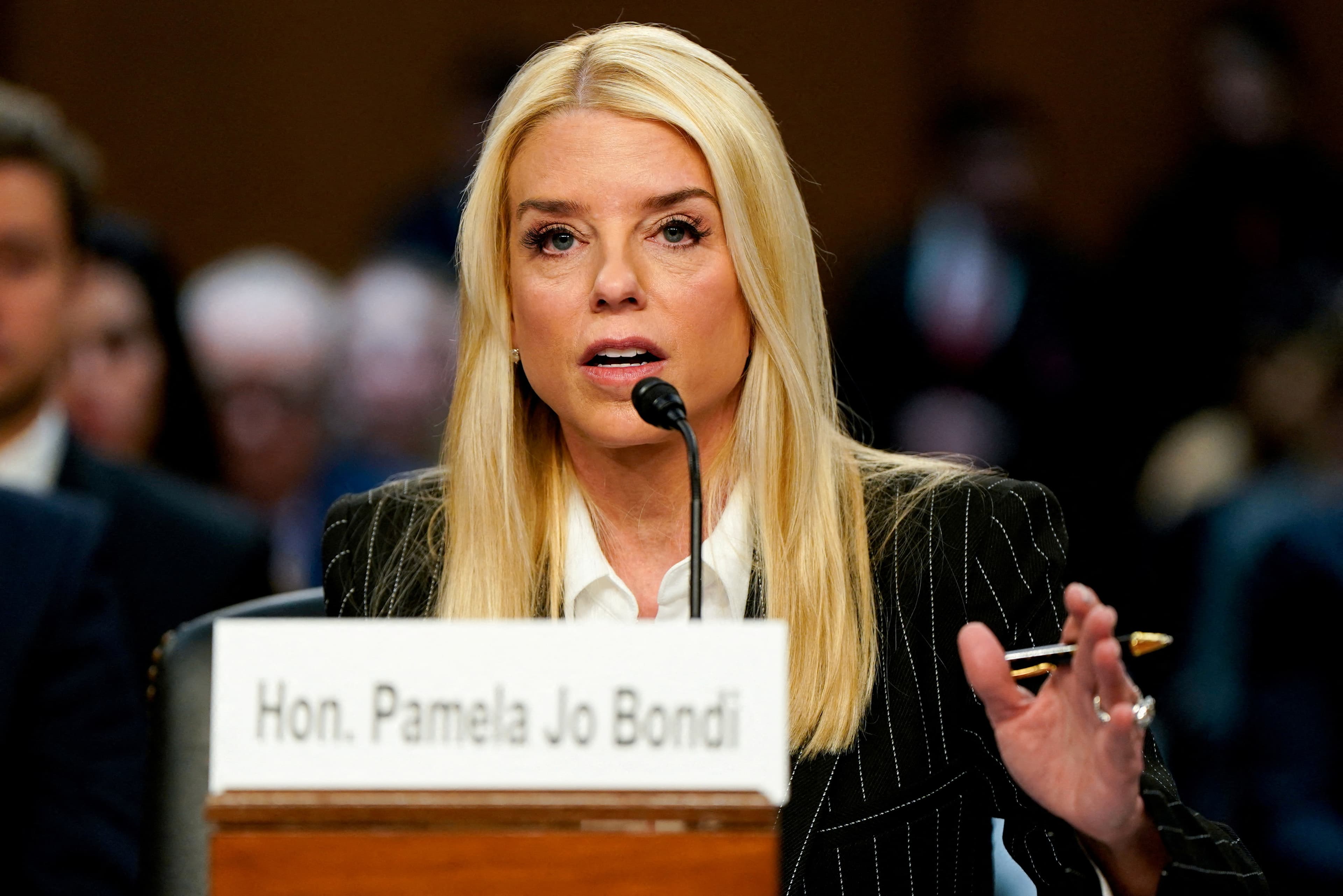As the political landscape continues to tremble under the weight of the Jeffrey Epstein scandal, Attorney General Pam Bondi"s recent deflections during a press conference reveal a troubling disconnection from accountability. On July 15, 2025, Bondi was questioned about the Department of Justice"s (DOJ) controversial memo asserting that there was no evidence of a client list or blackmail materials linked to Epstein. Her evasiveness speaks volumes about the ongoing cover-up surrounding this deeply disturbing case.
Epstein"s Legacy of Abuse and Political Shielding
The release of the DOJ memo, which concluded there was no "incriminating list" of clients and "no credible evidence" of Epstein blackmailing high-profile associates, has reignited public outrage and skepticism. As reported by BBC, the memo contradicts earlier assertions and raises serious questions about the integrity of the investigation. With over ten thousand downloaded videos and images of illegal child sex abuse material found in Epstein"s possession, the DOJ"s dismissal of a client list feels like a deliberate attempt to protect powerful individuals from scrutiny.
Bondi"s Distraction Tactics in Response to Press Questions
During the press conference, when pressed about the frustrations of Trump"s base regarding the Epstein case, Bondi diverted the conversation to the administration"s fight against drug cartels. "This today is about fentanyl. I"m not going to talk about Epstein," she asserted. This response illustrates a pattern of deflection that prioritizes political expediency over accountability and transparency. By refusing to engage with the pressing concerns of the electorate, Bondi underscores the ongoing dysfunction within the DOJ.
\n\n
DOJ touts first-of-its-kind settlement in racial ...
Public Trust Erodes Amidst Inconsistent Messaging
The Epstein saga has become a linchpin in the broader narrative of governmental trust—or the lack thereof. As noted by The New York Times, the handling of this investigation has drawn ire from both sides of the political spectrum. Even Trump"s staunch supporters have voiced frustration at the apparent cover-ups. The implication is clear: the American public is demanding transparency, and the refusal to release additional evidence only deepens the chasm of distrust in our institutions.
The Danger of Political Complicity and Inaction
Bondi"s statement regarding her longevity in the Trump administration—"I’m going to be here for as long as the president wants me here"—suggests a troubling allegiance to political power over justice. In a society where powerful individuals can evade accountability, the systemic failures become glaringly evident. This is particularly concerning in light of the serious allegations surrounding Epstein and his connections to influential figures, including Donald Trump himself. With the DOJ"s recent findings, one cannot help but wonder how many more voices will be silenced in the name of political expediency.
\n\n
Opinion | Fox News apologizes for "error" of removing Trump ...
Implications for Future Justice and Civil Rights
The ramifications of this scandal extend far beyond Epstein"s actions. The DOJ"s failure to pursue accountability raises significant concerns for civil rights and the fight against systemic abuse. As reported by NPR, the ongoing refusal to release credible evidence points to a larger pattern of governmental neglect towards the most vulnerable. The implications for survivors of abuse are profound; a lack of accountability sends a chilling message that their suffering is secondary to political agendas.
The conversation around Epstein is not merely about one man’s crimes; it is about the systemic failures that allow such abuses to flourish unchecked. As we witness the DOJ"s inadequate responses and Bondi"s deflections, it becomes imperative for progressive voices to demand not just answers, but substantive action to ensure that justice is served and that survivors are heard.







![[Video] Gunfire between Iraqi security forces and Sadr militias in Baghdad](/_next/image?url=%2Fapi%2Fimage%2Fthumbnails%2Fthumbnail-1768343508874-4redb-thumbnail.jpg&w=3840&q=75)
